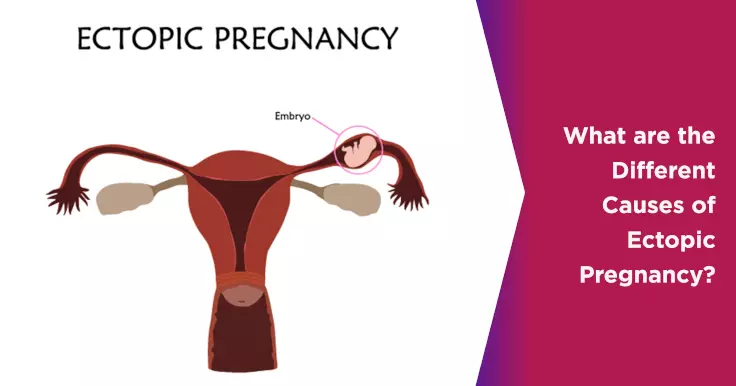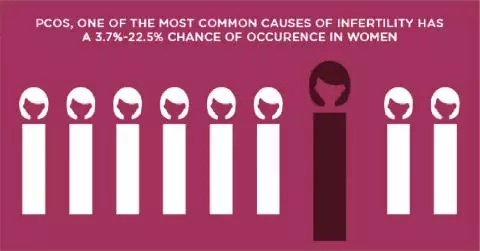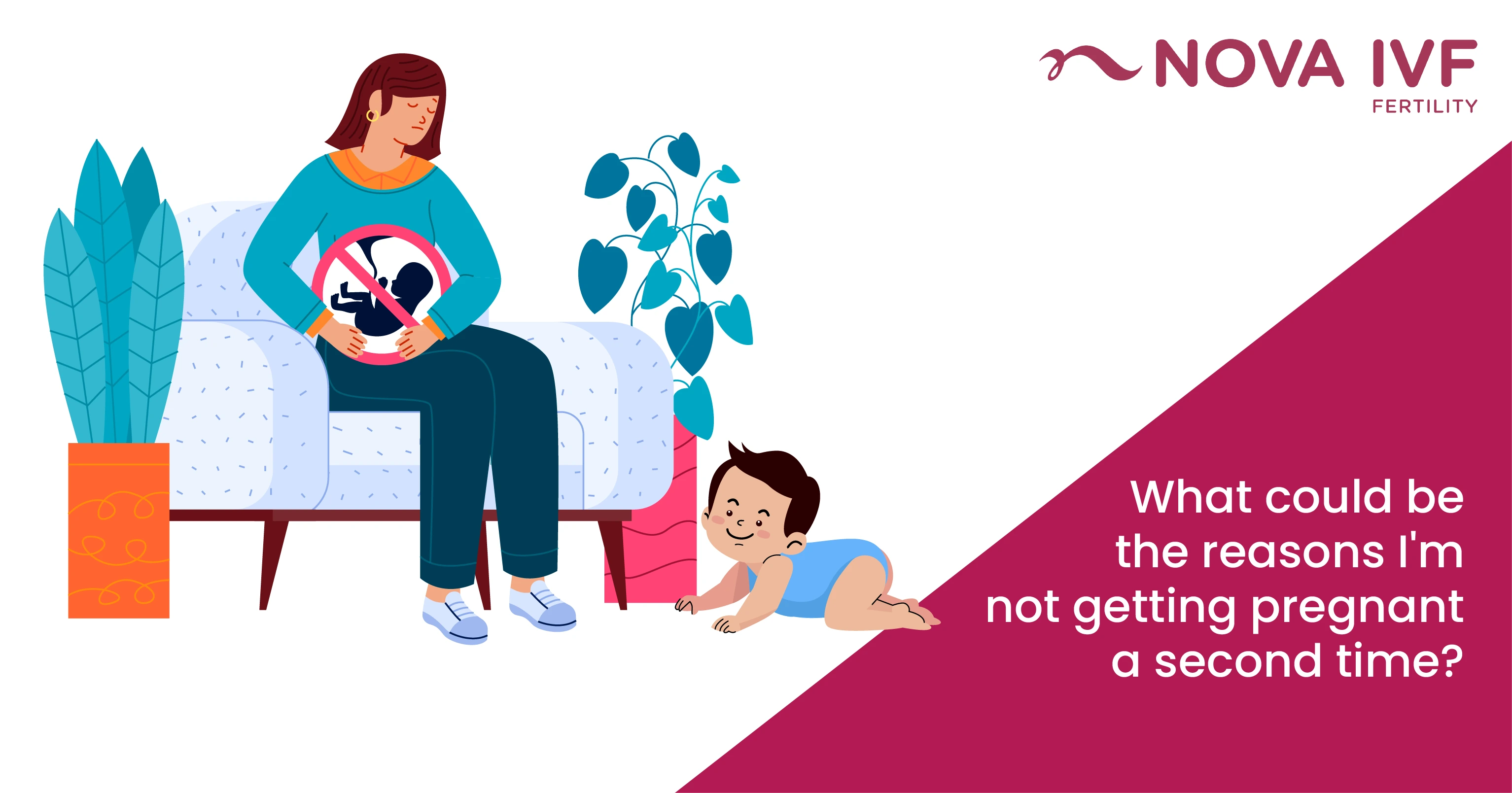Other symptoms of ectopic pregnancy include a high level of human chorionic gonadotropin (hCG) hormone, sudden pain in the abdomen, vaginal bleeding, pelvic pain or tenderness in the cervix. Severe complications may occur in some women suffering from ectopic pregnancy: rupture of a fertilised egg and internal bleeding is one such complication that can be life-threatening, if unattended.
Common Causes of Ectopic Pregnancy
Any woman who is sexually active can have ectopic pregnancy for no reason at all. A woman, who has endometriosis, pelvic inflammatory disease, etc., is prone to ectopic pregnancy. Below listed are some of the common causes of ectopic pregnancy:
- Damage of fallopian tubes: In this case, the fertilised egg attaches to the fallopian tube, leading to ectopic pregnancy, due to some damage to cilia (hair-like structure).
- Excessive smoking: This leads to damages the cilia present in the fallopian tubes, which leads to ectopic pregnancy.
- Pelvic inflammatory disease: This disease occurs due to the formation of scar tissues in the fallopian tubes which leads to ectopic pregnancy.
- Emergency oral contraception - Although one takes emergency oral contraception to prevent pregnancy, it is possible to get pregnant in the same cycle and this can lead to ectopic pregnancy.
- Age Factor: Women between 35 and 44 years are more prone due to their age
- Pelvic/endometrial/genital tuberculosis
- Abdominal surgeries such as caesarean section or appendectomy
- Intrauterine devices used for birth control (may avoid implantation in the uterus but not in the fallopian tube)
- Women undergoing in vitro fertilisation treatment can also cause ectopic pregnancy.
- Previous history of ectopic pregnancy
Gynaecologists use various diagnostic methods to identify this condition. Usually a laparoscopy or laparotomy is carried out to confirm ectopic pregnancy condition. In order to check for internal bleeding due to such external pregnancy, a test called culdocentesis is performed, where a fluid present between the vagina and rectum is retrieved.
Levels of progesterone should also be checked: low levels indicate chances of ectopic pregnancy. Dilation and curettage (D&C) technique is sometimes used to identify the location of pregnancy.
 Infertility Counselling
Infertility Counselling Female Infertility Treatment
Female Infertility Treatment Andrology Treatment
Andrology Treatment Fertility Enhancing Surgeries - Female
Fertility Enhancing Surgeries - Female Fertility Enhancing Surgeries - Male
Fertility Enhancing Surgeries - Male Endoscopy Treatment
Endoscopy Treatment IUI Treatment
IUI Treatment IVF Treatment
IVF Treatment ICSI Treatment
ICSI Treatment Advanced IVF Solutions
Advanced IVF Solutions Embryology
Embryology Vitrification Egg, Embryo, Sperm Freezing
Vitrification Egg, Embryo, Sperm Freezing Preimplantation Genetic Testing (PGT)
Preimplantation Genetic Testing (PGT) Donation Program Embryo / Egg / Sperm
Donation Program Embryo / Egg / Sperm Self-cycleTM IVF
Self-cycleTM IVF

 Self-cycleTM IVF
Self-cycleTM IVF











